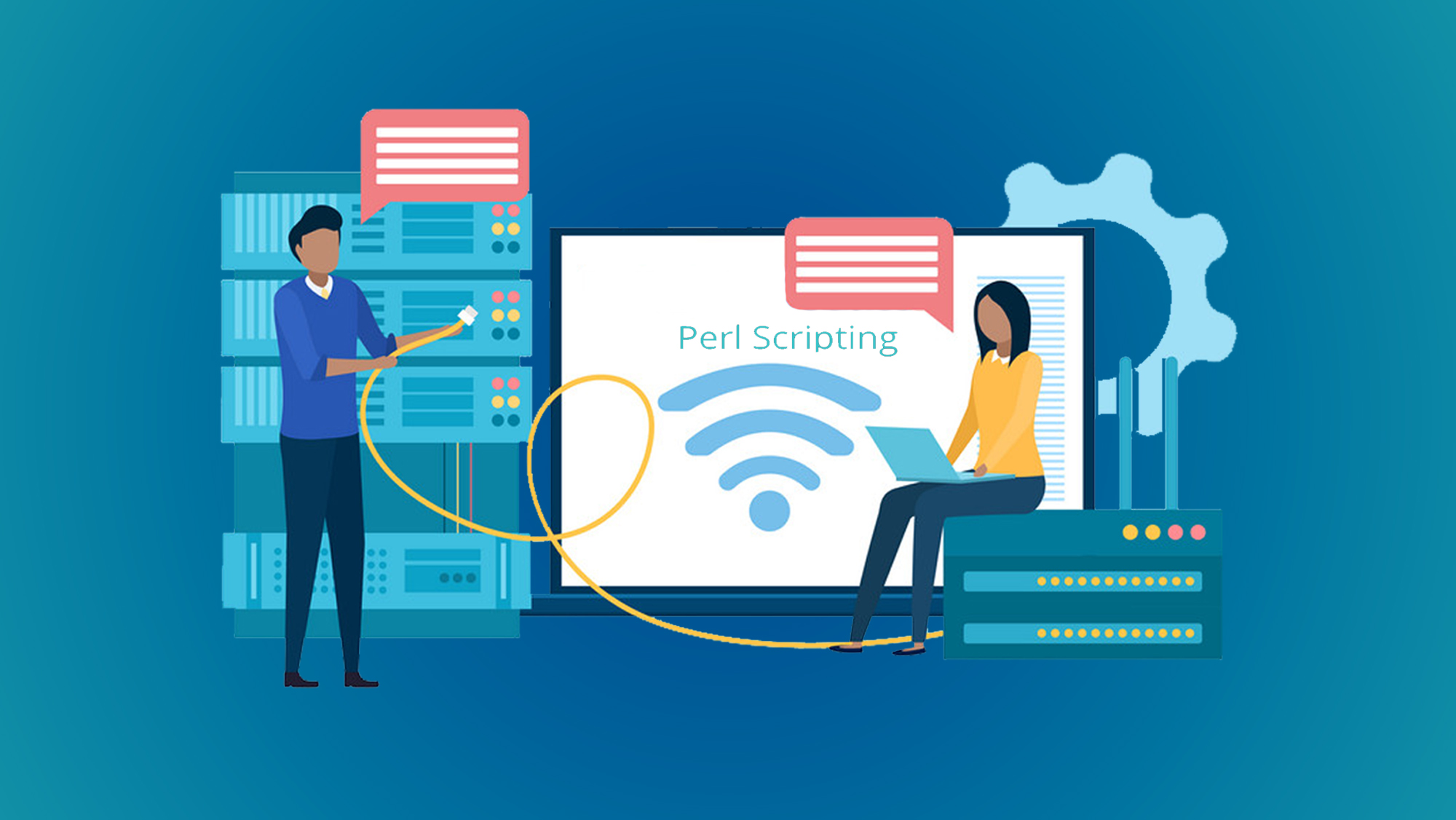Mastering Perl Scripting: Powering Automation and Text Processing
Introduction:
In the realm of programming languages, Perl stands out as a versatile tool that excels in automation, text processing, and system administration tasks. Renowned for its powerful string manipulation capabilities and concise syntax, Perl has become a favorite among developers for various scripting needs. This blog post delves into the world of Perl scripting, exploring how mastering this language can empower you to automate tasks and efficiently handle text processing.
Unveiling the Power of Perl:
Perl, short for "Practical Extraction and Reporting Language," was created by Larry Wall in the late 1980s. Over the years, it has evolved into a robust scripting language with a wide range of applications. Here are some key aspects that highlight the power of Perl:
1. Concise and Expressive Syntax:
Perl boasts a concise and expressive syntax that enables developers to accomplish tasks with minimal code. Its "TIMTOWTDI" philosophy (There's More Than One Way To Do It) allows programmers to choose from various approaches to solve a problem, making it a flexible language for different coding styles.
2. String Manipulation Mastery:
Perl's string manipulation capabilities are second to none. It provides an array of built-in functions and powerful regular expression support, making tasks like pattern matching, substitution, and splitting strings effortless.
3. Automation and System Tasks:
Perl is exceptionally well-suited for automation and system administration tasks. From interacting with files and directories to managing processes and executing system commands, Perl empowers developers to streamline system-related operations.
4. Text Processing Dominance:
If text processing is a significant part of your programming needs, Perl should be at the top of your list. It can handle everything from parsing log files to extracting data from complex documents, thanks to its robust pattern matching and manipulation capabilities.
Mastering Perl Scripting:
To harness the full potential of Perl scripting for automation and text processing, consider the following strategies:
1. Learn the Basics:
Start by familiarizing yourself with the basic syntax, data types, variables, and control structures of Perl. This foundation will enable you to build more complex scripts with confidence.
2. Embrace Regular Expressions:
Regular expressions are a cornerstone of Perl's power. Invest time in learning and mastering regular expressions, as they are essential for efficient text manipulation and pattern matching.
3. Explore CPAN (Comprehensive Perl Archive Network):
CPAN is a vast repository of Perl modules and libraries that extend the language's capabilities. Whether you need to interact with databases, manipulate XML, or perform complex calculations, CPAN likely has a module that can simplify your task.
4. Practice Automation:
As you become comfortable with Perl, start automating simple tasks. For instance, you could write scripts to automate file backups, directory synchronization, or system monitoring. This hands-on experience will help solidify your understanding.
5. Tackle Real-World Text Processing Challenges:
Text processing is where Perl truly shines. Challenge yourself with real-world tasks such as parsing log files, extracting data from CSV files, or manipulating HTML documents. The more you practice, the more proficient you'll become.
6. Study Code Examples:
Explore existing Perl scripts and open-source projects. Studying well-written code can provide insights into best practices, coding style, and creative ways to solve problems.
7. Experiment and Innovate:
Perl's flexibility encourages experimentation. Don't be afraid to try different approaches to achieve your goals. Innovation often comes from thinking outside the box and finding unique solutions.
Conclusion:
Mastering Perl scripting opens the door to a world of automation, text processing, and system administration possibilities. Its concise syntax, powerful string manipulation features, and extensive libraries make it a valuable tool for developers across various domains. By learning the basics, diving into regular expressions, exploring CPAN modules, and practicing automation, you can unlock the true potential of Perl and elevate your programming skills to new heights. As you gain proficiency, you'll find yourself reaching for Perl whenever you need a reliable and efficient scripting solution.
You May Also Like
These Related Stories

Versatile Perl Scripting: Essential Skills for Developers

Everything You Need to Know About Perl Scripting Training




No Comments Yet
Let us know what you think